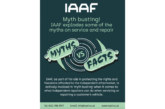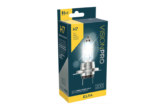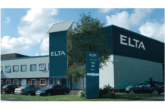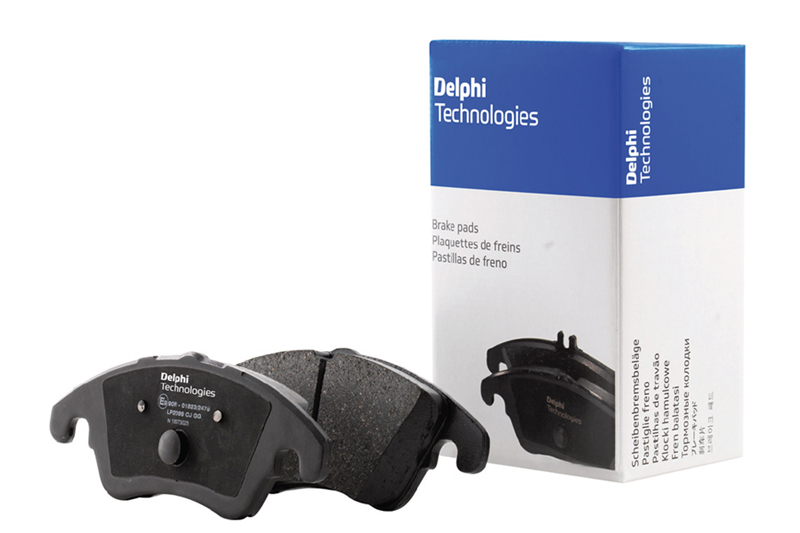
PMF reports on Delphi Technologies’ aim to be at the forefront of sustainable motoring.
There’s no denying that the measure of progress in the automotive sector has shifted dramatically towards sustainability and its environmental impact. Vehicle and component manufacturers have a greater responsibility than ever to evaluate the sustainability of their products and operations – from considering the way products are packaged and distributed, to the materials and resources required to manufacture them.
Delphi Technologies considers itself to be a leading automotive supplier that champions sustainability as part of its business model, complementing its OE partnerships and far-reaching aftermarket division with a definite focus on being as environmentally compatible as it can be.
This emphasis on sustainability allows motor factors to be safe in the knowledge that they are supplying increasingly environmentally conscious customers with parts that are both manufactured as efficiently as possible and work to have the minimum impact on the planet in their production and function.
“The aftermarket sector is facing growing pressure from stakeholders, as suppliers and agents review the environmental credentials of their supply chain,” commented Julian Goulding, UK & Ireland Marketing Manager at Delphi Technologies Aftermarket. “We’ve welcomed this, as it’s given us the opportunity to share the governance we’ve implemented, and the successes we’ve had in this area over the last decade or so.”
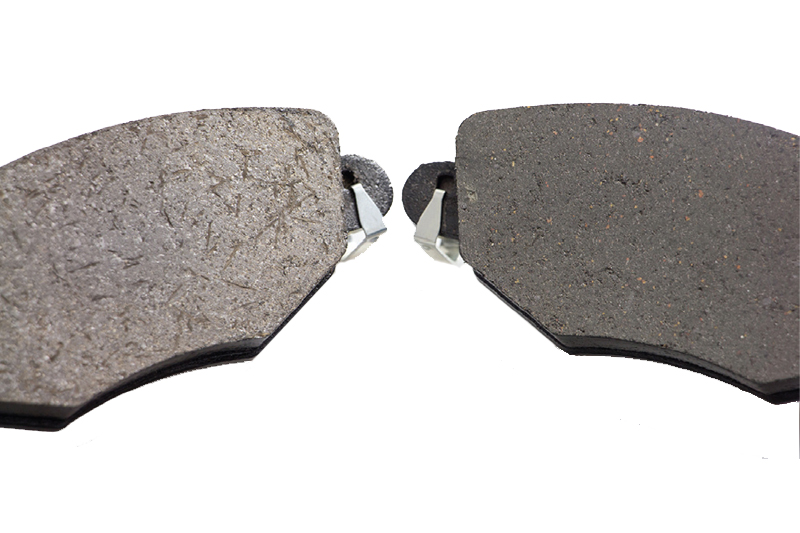
By effectively utilising the waste hierarchy model, Delphi has proven it takes sustainability seriously. It primarily avoids or reduces waste, designing products with the end in mind to ensure environmental impact is minimised if a product cannot be reused. A well-established remanufacturing provision grants a second life for all applicable products – the diesel injector reconditioning service alone has avoided over 14 million pounds of waste iron since the early 1990s.
“We want to support customers and suppliers with ongoing maintenance and aftercare provisions to help keep our products in life for as long as possible,” continued Julian.
The company has been recycling its own products for years once they reach end-of-life, as part of a circular, closed-loop model. Not only does this mean that products are always disposed of compliantly, but the reuse of raw material is also maximised at every stage.
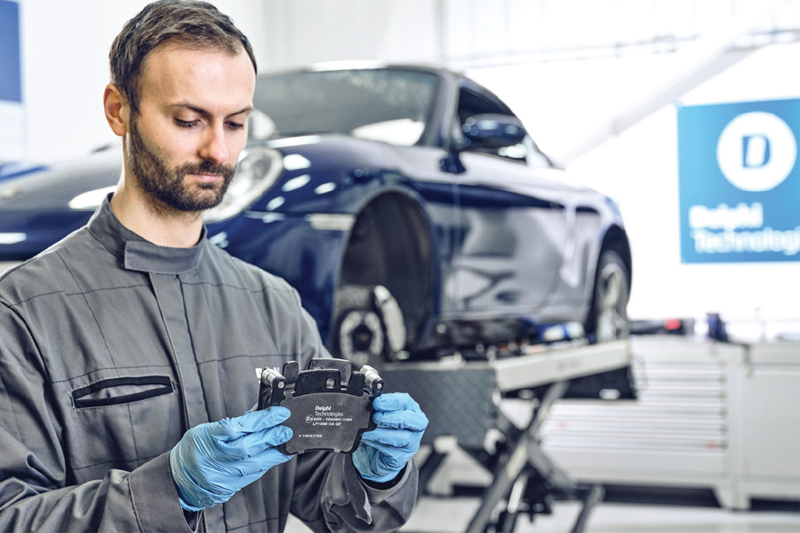
Extending product life can be a great way of maximising environmental credentials, but that isn’t always possible with safety-related items. In this case, Delphi looks to more innovative solutions to protect the environment. Copper is a material traditionally used in brake pads, but this type of product can leave small traces of copper on the road after each use. Although a small amount of material, the accumulative effects of this can cause environmental damage, water contamination and harm to wildlife.
The company has now developed a completely re-engineered, copper-free solution to offer what it labels as ‘sustainable stopping power without compromise’. It regards this as a perfect demonstration of its forward-thinking approach.
Julian concluded, “When making our products more sustainable, there can be no compromise in product performance – and that’s especially true with brakes. Any changes to material or service life must come at no cost to the capability our customers rely on; that’s exactly what we’ve achieved here.
“At Delphi Technologies, we’re continually exploring ways to make our operation and products even cleaner, while maintaining comprehensive coverage of new manufacturer ranges. Transferring our OE expertise to the aftermarket enables us to extend sustainable products to a much greater array of people in the sector, allowing more and more to enjoy the significant environmental benefits.”


